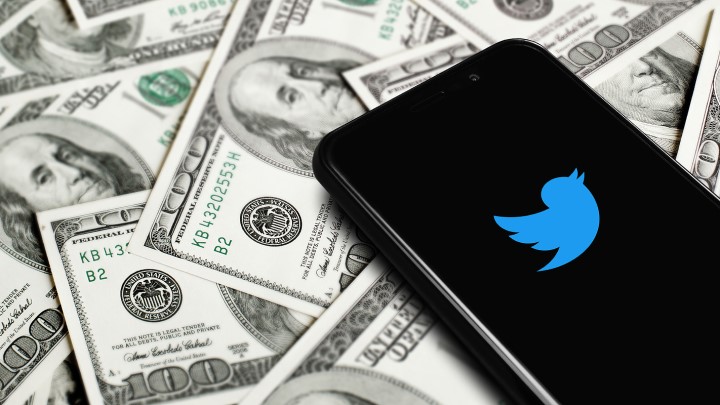The last few days have been particularly embarrassing for billionaire Elon Musk. His purchase of Twitter is the biggest story in tech circles, and not because it has gone smoothly. Rather, the drama that is unfolding around the takeover by the self-proclaimed ‘complaint hotline operator’ has led many users, as well as major advertisers, to question whether they should keep using the service. Businesses such as Audi, Ford, L’Oreal, Pfizer, United Airlines, Mondelez and Volkswagen
wagen have stepped away from the platform, with Mondelez CEO Dirk Van de Put stating the business left directly because of the increase of hate speech on the platform since Musk took over.
Musk’s first few days in power were not slow. Within a week, he had fired 3700 people in a mass layoff, some of whom he is now attempting to rehire after discovering that they actually were crucial to his plans. The move, unsurprisingly, hasn’t gone down well.
“Musk’s blunt approach has come across as unkind and inconsiderate,” senior lecturer in marketing at Macquarie Business School Abas Mirzaei told Inside Retail.
“In a post-Covid-19 world, where entities are expected to be more compassionate and considerate, such approaches don’t suggest we prioritise, at least on the surface, employee wellbeing over business.”
He also drew criticism for his decision to start charging users US$8 per month for a blue check mark, which designates certain profiles as being ‘verified’, something which users previously had to earn, and was generally reserved for celebrities, journalists and other public personas.
The move has left some people wondering what the badge even means anymore, given the fact that dozens of users purchased the check mark only to change their name and bio to impersonate Musk. Such parody accounts have been blanket-banned, despite Musk’s insistence that Twitter will become a place of “free speech” where “comedy is legal”.
However, for a certain segment of the population, this has been interpreted as an invitation to post hate speech without fear of it being removed.
One advertiser told Inside Retail that Twitter’s platform has become increasingly “hostile” since Musk took over, with the number of tweets including hateful, vulgar and hostile rhetoric targeted at people of certain races, religions, ethnicity and sexual orientation spiking immediately.
“After seeing all this, I’m concerned about whether content moderation will remain as strict under Musk as it has been, and whether [brands’] continued use of Twitter will tarnish their [image],” the advertiser said.
“No one wants to be associated with a platform that promotes hate speech, conspiracies, and an environment where employees are fleeing in droves.”
Dear Twitter Advertisers pic.twitter.com/GMwHmInPAS— Elon Musk (@elonmusk) October 27, 2022
What’s lost?
For brands considering leaving a social media platform, there is always a risk that it will impact their ability to reach customers. But according to Beau Ushay of Ushay Consulting Group, there’s actually very little for brands to lose by leaving Twitter.
“The first question you need to answer about the relevance of any channel or platform is whether my customers are there,” Ushay told Inside Retail.
“Twitter is a pretty unique space in that it’s always been heralded as the internet’s Town Square, and much like the town squares of old, lined with vendors crying their wares to the masses, you’d think Twitter would be the perfect assembly of potential buyers.
“Is Twitter that place? I don’t think so.”
According to Ushay, the fast-moving nature of Twitter’s main feed makes it difficult for brands to capture attention on the platform, and while an agile brand might be able to take advantage of the chaos, most would do better simply going to another platform with higher return on investment.
The issue of brand safety is also a concern, Ushay said, with Musk’s takeover creating more uncertainty than it has opportunities.
“It was far from a well-oiled machine before, but it’s going to get worse before it gets better,” Ushay said.
Another issue that advertisers have raised is Musk’s suggestion that advertising may be filtered to ensure it is aligned with content.
What this means, is anyone’s guess, but Mirzaei is concerned it will lead to a filtration of brands with left-leaning values, and an increase in right-wing messaging.
“Elon Musk’s non-neutral approach in advocating for certain political parties has been perceived as biassed, upsetting people with different political ideologies. Put simply, his approach has come across as divisive,” Mirzaei said.
“I expect Twitter advertising to be reduced by brands that advocate for progressive values and social change, however, the revenue from political advertising may increase.”

